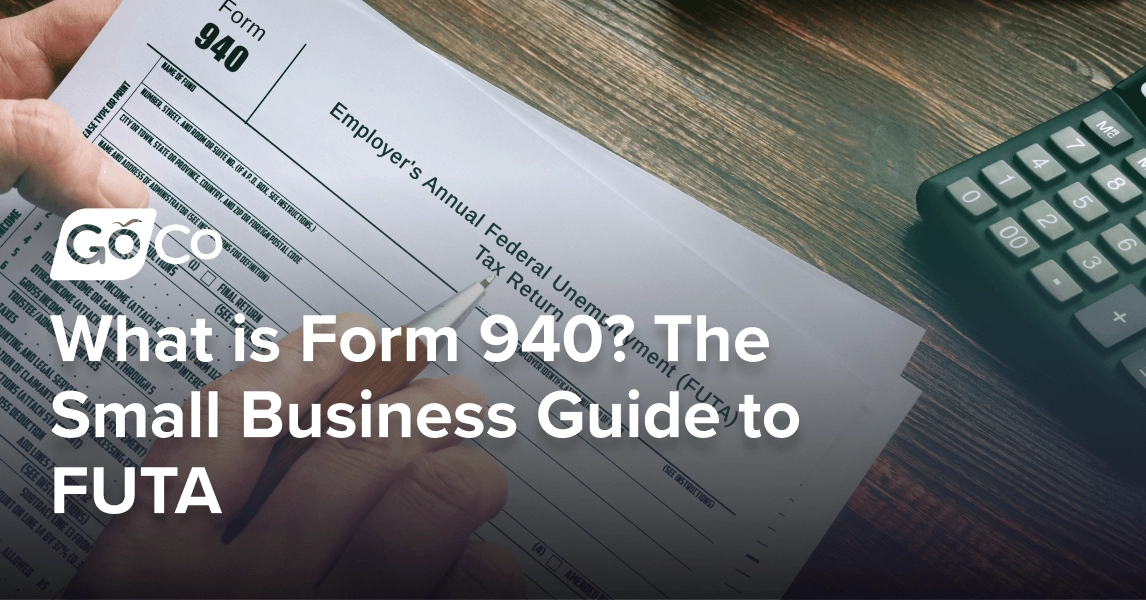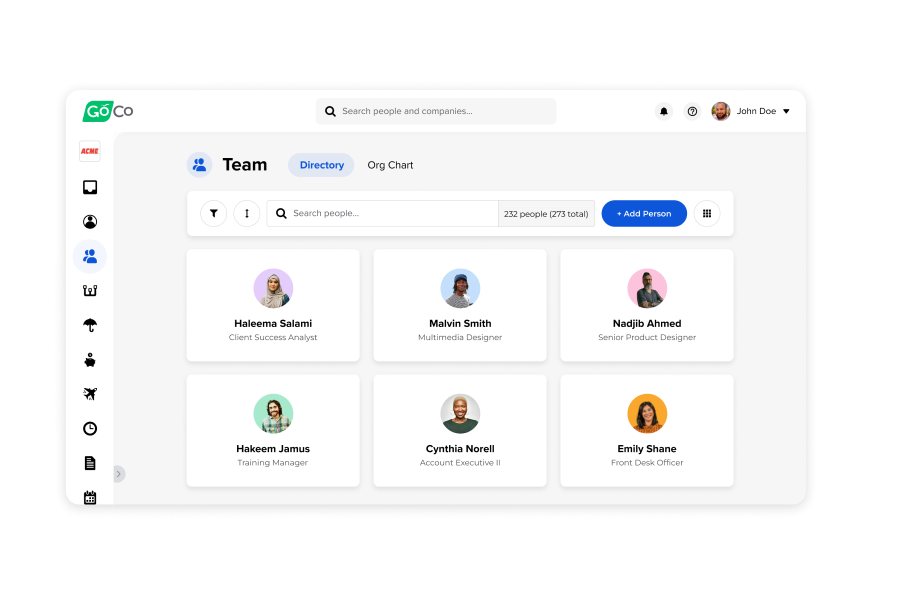What is Form 940? The Small Business Guide to FUTA in 2025
Learn everything you need to know about Form 940 and why it's important
October 12th, 2024
Form 940 is one of several important IRS tax forms that businesses need to file annually. Form 940 is also known as the Federal Unemployment Tax return and is used to calculate your federal unemployment tax amount based on your annual payroll. The IRS has strict deadlines for filing your taxes, including Form 940, and failing to file correctly and on time can cost your business.
Download the 2024 HR Compliance Calendar
Form 940 is a payroll tax and is based on the first $7,000 of wages to each employee of the business. Once you have completed it, you will then know how much you will need to pay in federal unemployment tax. Legally, unemployment benefits for unemployed workers are paid by the states. However, there are times when states cannot afford to meet these obligations. The state government will then take loans out from the federal government in order to pay these benefits. The federal government is able to pay out these loans thanks to the Federal Unemployment Tax Act (FUTA). This law is the foundation for Form 940. Check out our compliance guide to learn about more HR compliance issues.
Who Needs To File Form 940?
Most businesses with employees will need to file Form 940. Specifically, you are legally required to file a 940 if:
You paid wages of at least $1,500 to any employee during the standard calendar year or
You had an employee (temp, part-time, or full-time) work anytime during 20 or more weeks. These weeks can be consecutive.
How To Complete Form 940
It’s important to provide accurate information in each section of Form 940. In the first section, you’ll be asked to provide information about your business. Here, you’ll enter your Employer Identification Number (EIN), business name, and address. If you operate your business using a “doing business as” name, then you would also include it in this section. Be sure to use your EIN and not your social security number. If you forgot your EIN, you can request one using a 147c letter.
In the second section of the form, the IRS asks you to provide the states where you have paid any state unemployment tax. If you have employees in several different states and are consequently paying unemployment tax in different states, you can check the box to identify yourself as a multi-state employer. If you are a multi-state employer, you may need to file the attached Schedule A of Form 940 in addition to the basic Form 940.
Once you have completed those first two sections, you will then need to fill out Part 2 of Form 940. In this part, you will need to provide the IRS with the total amount of payments made to your employees. Here, you will also report the total amount of all payments exempt from FUTA (certain specific benefits are exempt). The form will then have you take this total amount and multiply it by 0.006 in order to calculate the amount of FUTA tax due.
Part 3 of the form deals with adjustments to that total amount depending on exclusions and whether or not you have been late in paying unemployment taxes. The form concludes by requesting you to calculate your FUTA tax liability for each quarter of the year and then enables you to designate a contact who the IRS will reach out to regarding your Form 940. You can then sign the form and submit it.
When To File Form 940
Form 940 must be filed annually. The due date for filing this form is January 31st each year. However, if you have prepaid all of your unemployment tax, you can get an extension of 10 days and wait until February 10th.
What Happens If You Don’t File Form 940?
If you do not file Form 940, you could be hit with a Failure-to-File (FTF) penalty. The IRS applies this penalty to any taxpayer (individual or business) that has failed to file their taxes on time. The amount of a failure-to-file penalty is 5% of the unpaid tax due with the return for each month a taxpayer doesn’t file the form. The maximum FTF penalty is 25% of the unpaid tax.
Where to Find Form 940
The easiest way to file Form 940 is to file it online. The IRS allows taxpayers to e-file Form 940 using their website or one of their approved online providers. You can also file form 940 with payroll software, tax software, and by mail. The form is available for download on the IRS website.
Tips For Filing Form 940
If line 12 of Form 940 is over $500, you do not need to complete the fifth section of the form and can move straight to the 6th part. Line 12 is the total amount of FUTA taxes that are due. Fortunately, filling out Form 940 is fairly straightforward. Just read the instructions carefully and ensure that you are providing true and correct information. Don’t forget to also file Schedule A From 940 if you have employees in different states.
HR compliance is a difficult and complex space. As a professional in this field, you will need to stay on your toes to remain fully compliant with all the different laws and regulations in your industry, including tax requirements. GoCo can help you optimize your workflows and simplify your HR. Our HR platform offers compliance features designed to make it easy and simple for you to stay on top of everything your business needs. Take a tour of GoCo today!
Recommended Posts
Search...
Product
GoCo
Resources
Articles
eBooks
Webinars
Customer Stories



